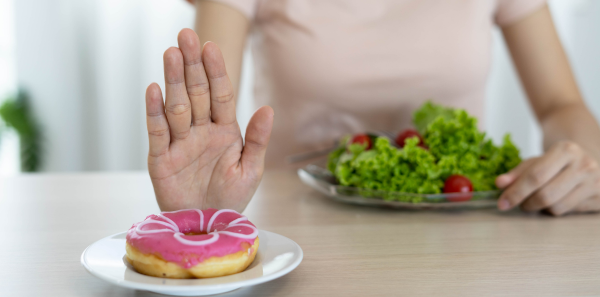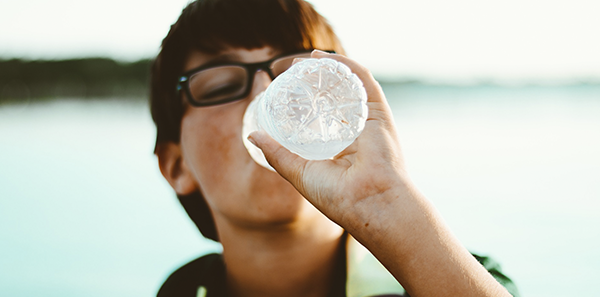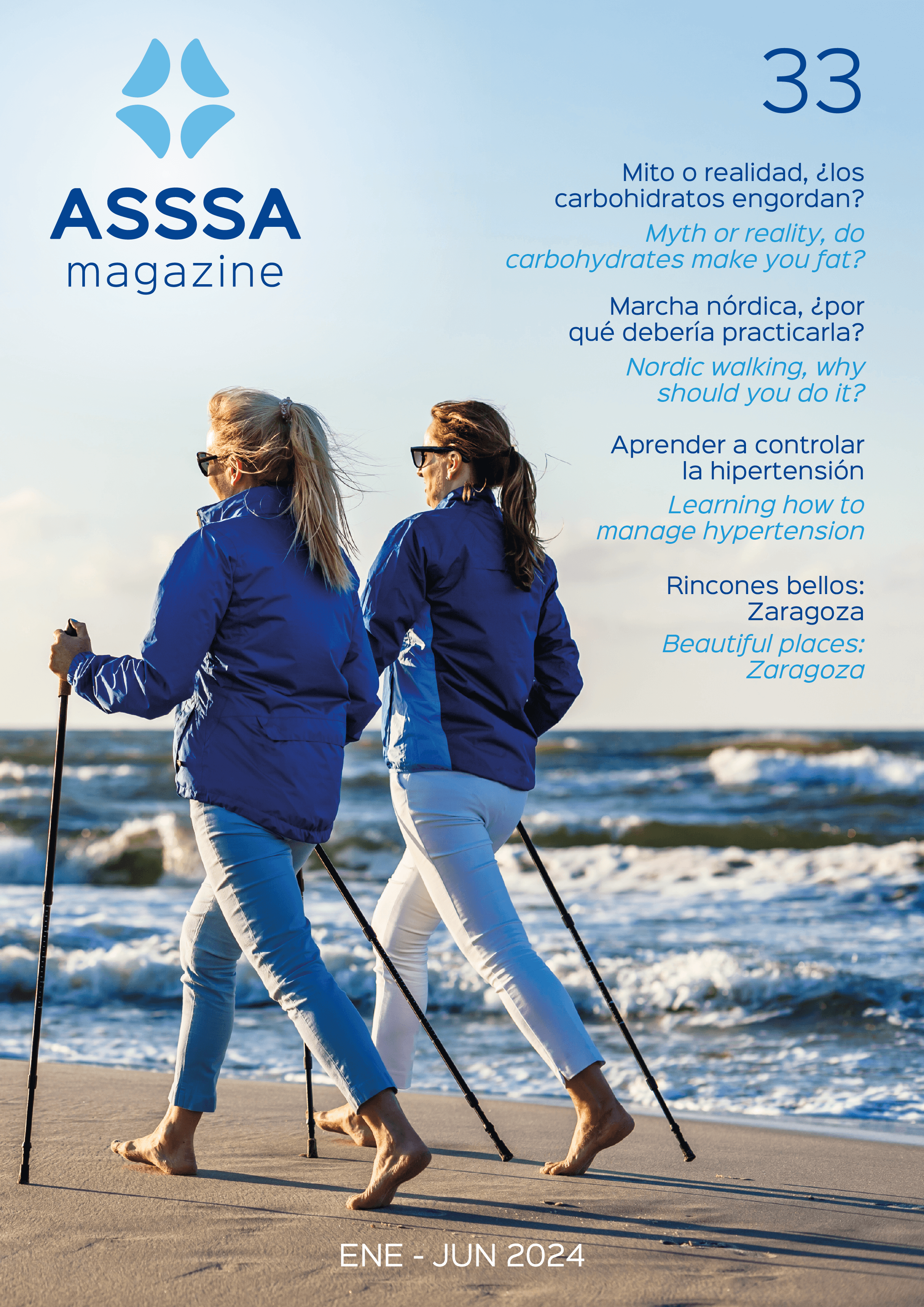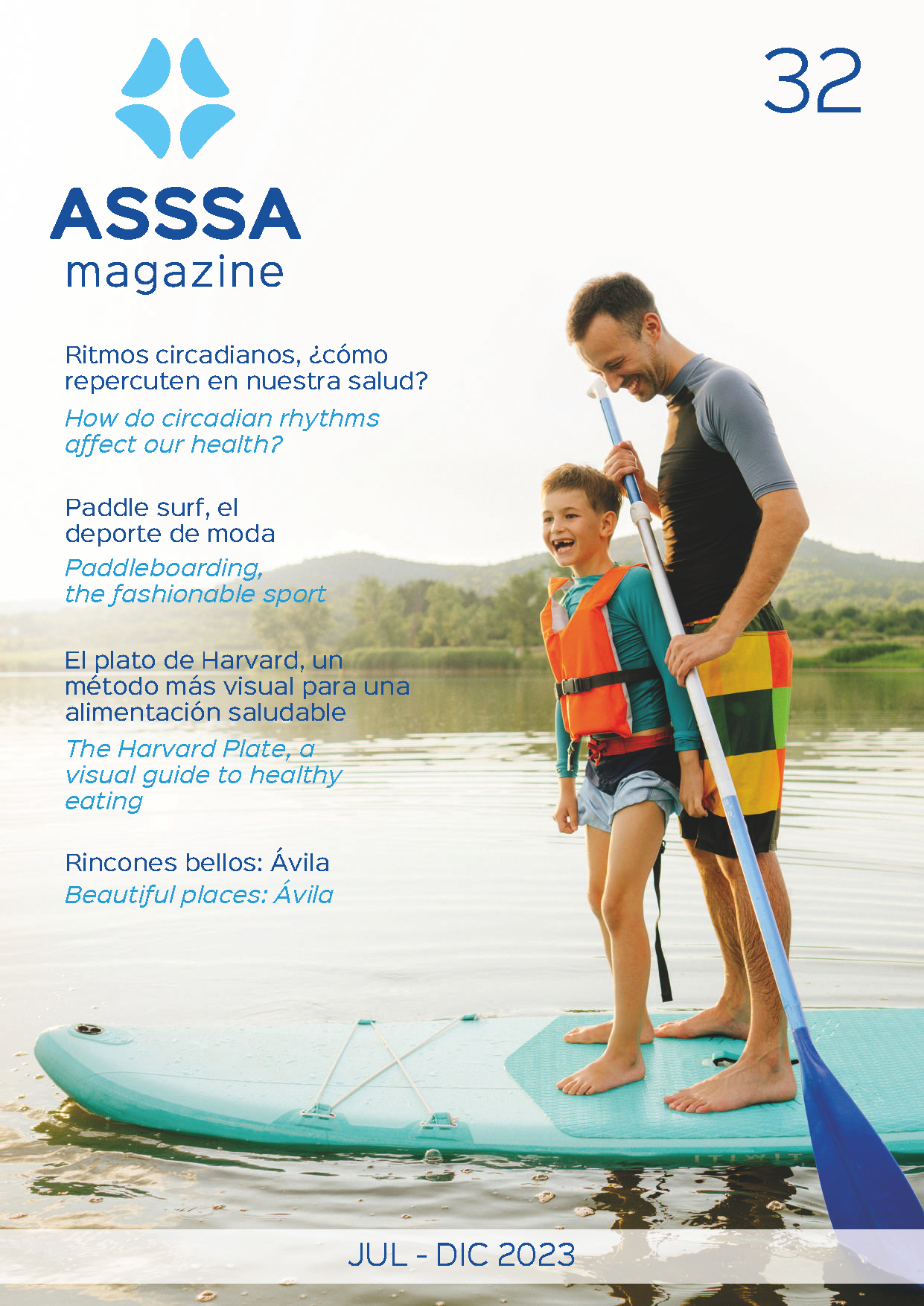
Consuming excessive amounts of sugar has detrimental effects on your health. The recommended upper limit for sugar intake set by the WHO is 5-6 teaspoons of free sugars per day (25 g). However, the average daily intake in Spain is about 20 teaspoons (94 g), an exorbitant amount.
You can start taking action now. But, to do this, do you have to eliminate all sweet foods from your diet? Well, it depends on the type of sugar involved:
- Free sugars are the ones you need to limit. These are the sugars that have been added to food. They’re also naturally present in honey, syrups and fruit juices.
- Intrinsic sugars, which you don’t need to limit or restrict. These are sugars naturally present in the intact structure (without crushing, squeezing or liquefying) of fruits, vegetables and milk.
Plus, you need to be careful of ultra-processed foods that you don’t expect to contain sugar (like sauces, yogurts, sliced bread, energy drinks, sausages, cereals, packaged juices and frozen pizza). It’s estimated that around 80% of the sugars consumed are found in this type of food without consumers being aware of it.
Products labelled “0% sugar” should also be monitored, as they contain a large quantity of sweeteners, which don’t provide any benefits or help control weight in the long term.
So, the best way of staying in good health is to train your palate by gradually reducing sweetness in your diet so you can enjoy the natural flavour of food again. This is one of the best strategies for controlling the pathologies prevalent in today’s societies, including obesity and diabetes.
Tips for everyday sugar-free eating
- Buy fresh products: vegetables, fruits, lean meats, fish, etc.
- Don’t have products with free sugars in the fridge or pantry.
- Eliminate soft drinks from your diet. Replace them with water, water infused with lemon or fruit, teas or coffee (without sugar).
- Prepare homemade sauces.
- Swap sweet desserts for natural or dried fruit, plain yogurt or dark chocolate.
- Eat fruit whole rather than squeezed.
- Always read the labels on processed foods. Sugar hides behind names ending in -ose or -syrup, as well as in malt extract, maltodextrin, dextrin and wheat dextrin. The higher it appears in the list of ingredients, the greater the percentage.
- Replace breakfast cereals and pastries with eggs, oatmeal, cheese, plain yogurt, wholegrain bread and healthy fats.
- Choose healthy snacks like nuts, hard-boiled eggs, toast made with good quality bread or fruit.
If you have difficulty or problems reducing sugar in your diet, we recommend consulting a health specialist.
It’s important not to get obsessed or be too hard on yourself, as sporadic consumption isn’t bad for your health.
Especially nowadays when access to all kinds of products containing too much sugar is so easy, it’s essential that we educate our children to follow a correct, healthy diet.












